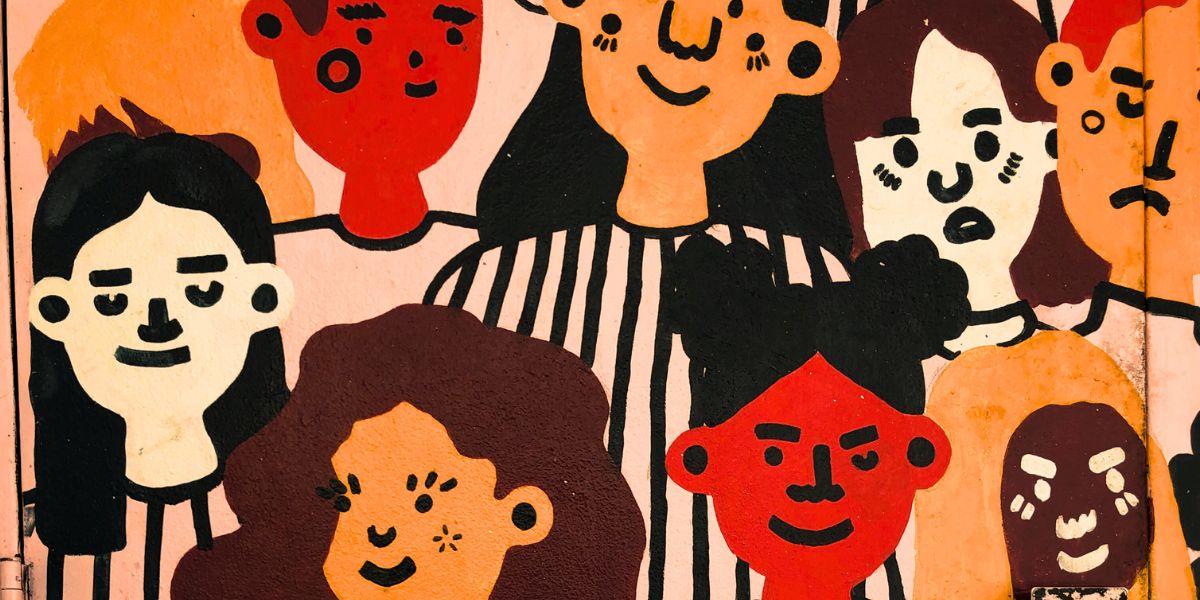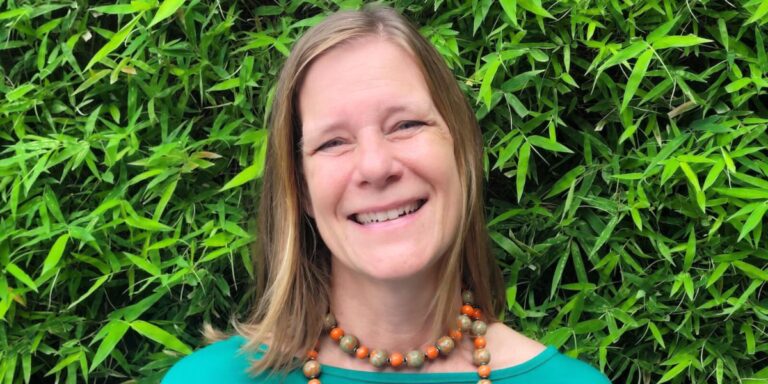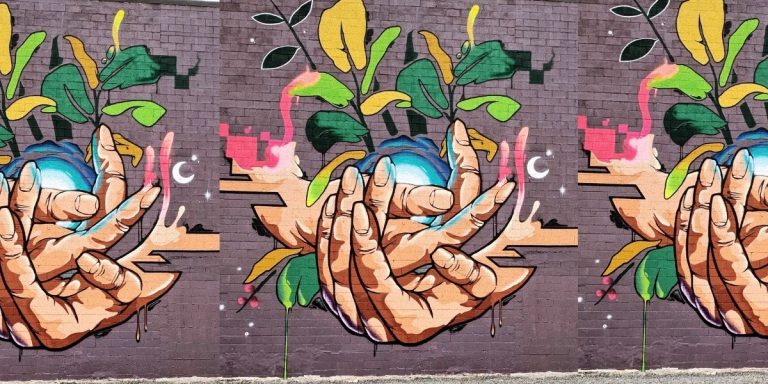Workplace Trends We’re Noticing At The Moment
In our work, we take time to reflect on themes that we’re noticing in organisations around the world. Here’s some of what LEANNE MAREGA, BEN PORTER, MATT EDWARDS, KAREN ABBS and SIMON CLIFT have spotted lately.
1. Big issues are dividing some workplaces in a significant way
In the midst of a landscape already saturated with contentious social and political disagreements, the Israel-Palestine conflict is causing division on a scale that’s taking lots of organisations by surprise. Many people are finding it especially hard right now to strike a balance between being their authentic selves at work, whilst maintaining professional emotional boundaries. And responding to these strongly-held, competing views is proving a huge challenge for many organisations.
If it’s impacting your workplace, it’s important to consider your response by first looking at how your organisation’s code of conduct and values might guide you. And then in terms of learning how to have difficult conversations with skill and grace, you could explore a training course like this.
2. Trauma awareness is on the rise, but sometimes people miss the nuance
We tend to distinguish “Big T” trauma (e.g. a life threatening incident) from “Little T” trauma (e.g. the impact of distressing circumstances that builds up over time). Organisations often turn to us to help them respond to the Big T, but being aware of the slow burn of the Little T is at least as important.
If workplaces take inappropriate action in response to a team member whose work is suffering due to their experience of trauma, the situation may worsen: a person’s poor performance might turn into sickness absence, or a behavioural issue might escalate into workplace conflict. Talk to us if you’d like support in creating a more trauma-informed organisation.
3. More people are encountering harrowing stories, images and videos in their work
The constant negative stimuli in much of the media and social media is really adding up for many people. But for those whose job is to review dark or harrowing material, especially in humanitarian and development, we’re noticing more and more people feeling fatigue and distress building up.
Many organisations don’t have robust mechanisms or strategies to pace, manage and support teams that do this kind of work. But regular, dedicated support is an essential part of managing the impact of exposure. We can audit the risk of this kind of work, and also deliver vicarious trauma training to your team.
The constant negative stimuli in much of the media and social media is really adding up for many people.
4. Sickness absence is on the rise
One study recently found that 1 in 4 UK adults feel unable to manage stress and pressure levels in their lives at the moment. This reflects our experience globally as well. There are lots of reasons for this, but some that we have noticed include the rising cost of living, Long Covid, as well as what’s mentioned in points #2 and #3.
In Occupational Health Assessments we’re seeing that anxiety and depression are often at the heart of a person’s ill health, and that poor management style can worsen the problem. We’ve also noticed people’s health suffering due to overwork, neglecting nutrition and exercise, and people accessing healthcare less often (either because it’s becoming more expensive or waiting lists are longer).
For frequent travellers, this last point makes our Wellness Medicals more important: in these assessments we often spot problems that have previously gone unnoticed, and which could have a significant impact upon a person and their employer if actions is not taken.
5. Single training courses or mental health initiatives often don’t get to the heart of the matter
Organisations often ask us to deliver these yet the impact of these pieces of work will be limited if their workplace is characterised by poor management, a lack of team cohesion, an absence of vision and values, poor communication, or other structural issues. In these instances, leaders need to engage in the messy, complex work of what we call Culture Discovery. Here’s a video about how it worked with one client
6. Multigenerational workplaces are a challenge for many people
Across different age groups, coworkers tend to have very different needs, expectations and working styles. Whether the differences are small (e.g. preferring a Whatsapp message to a phone call) or big (the extent to which people prioritise work-life balance), they can add up and create resentments between people in different age groups.
But a multigenerational workplace is also an exciting opportunity: each group has its own strengths, which can be brought together to find new, improved ways of working. The pandemic, for example, provided a serious testing ground for what may or may not be feasible for the future of the workplace. If you’re a leader we can support you as you seek to harness these different strengths.
7. Many people are lonely right now
We see this in our work, and data from elsewhere backs it up: one study found that almost a quarter of the world population feels lonely. One reason for this is that more people are working from home more often. But whether people work virtually or in an office, they need to feel a sense of belonging at work – here’s our CEO’s blog post on how employers might help nurture this.
8. There’s a lot of redundancy going on
We’re getting asked more and more to help organisations navigate this process. It’s so important to do it well – for the people being let go, for those left behind, for those who have to break the news, and for the future of the organisation. And so there’s lots to consider. What communication strategy will you employ? What support will you provide for those who are leaving? What does it mean for people’s workloads? How will you look after the morale of those who remain? Get in touch with us if you’d like to talk through any of this.
Are you noticing any of these trends in your work? If you’d like to speak with us about it, let’s fix a time to speak more.










